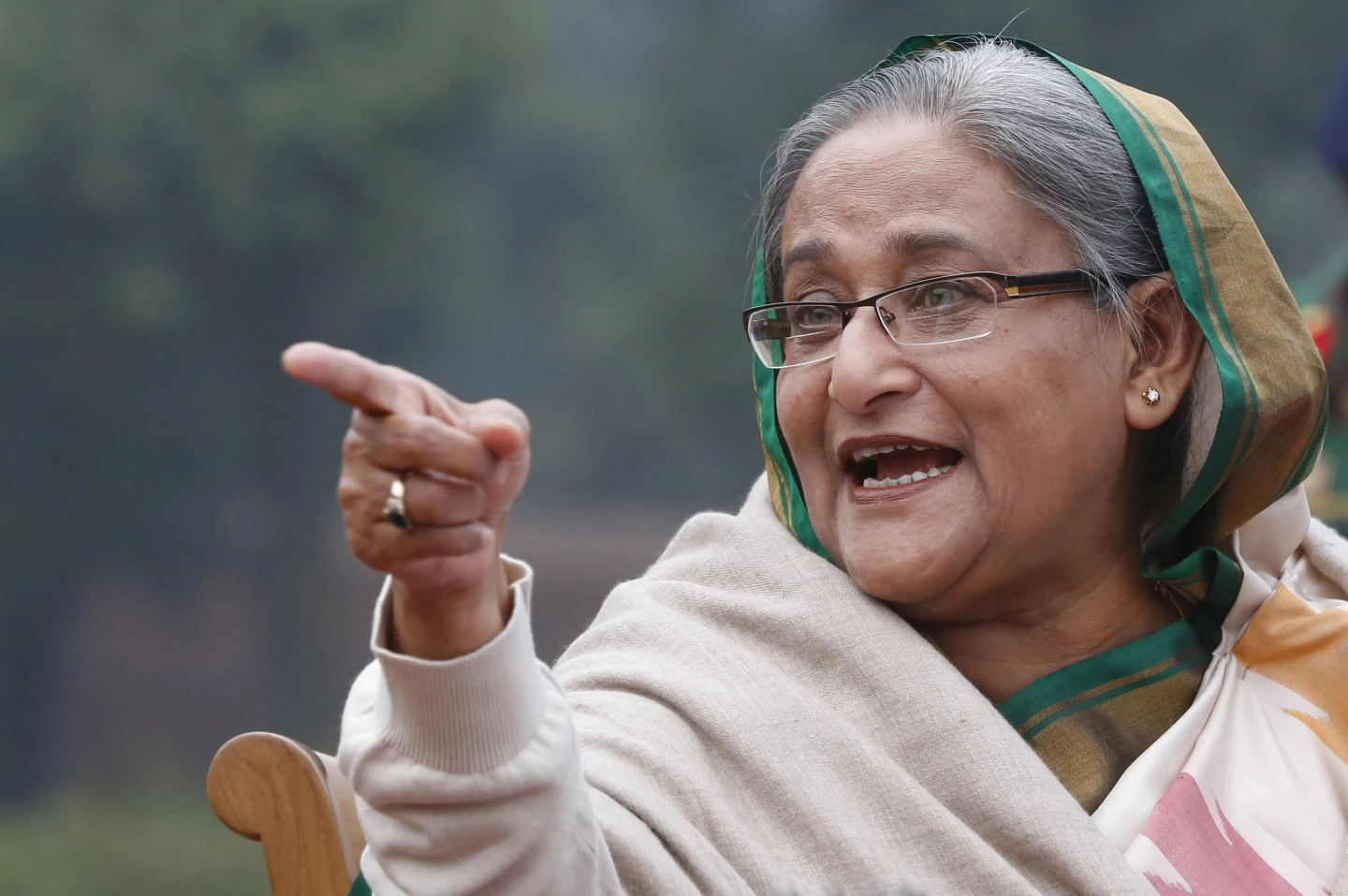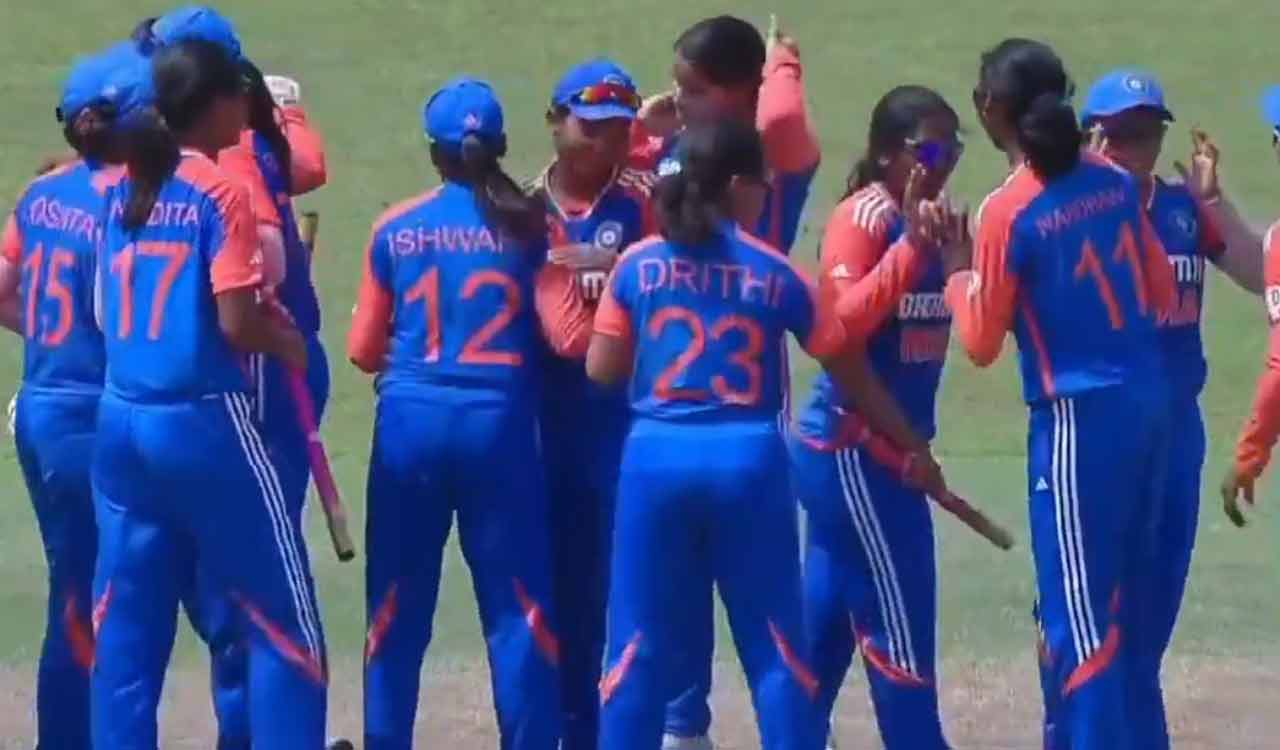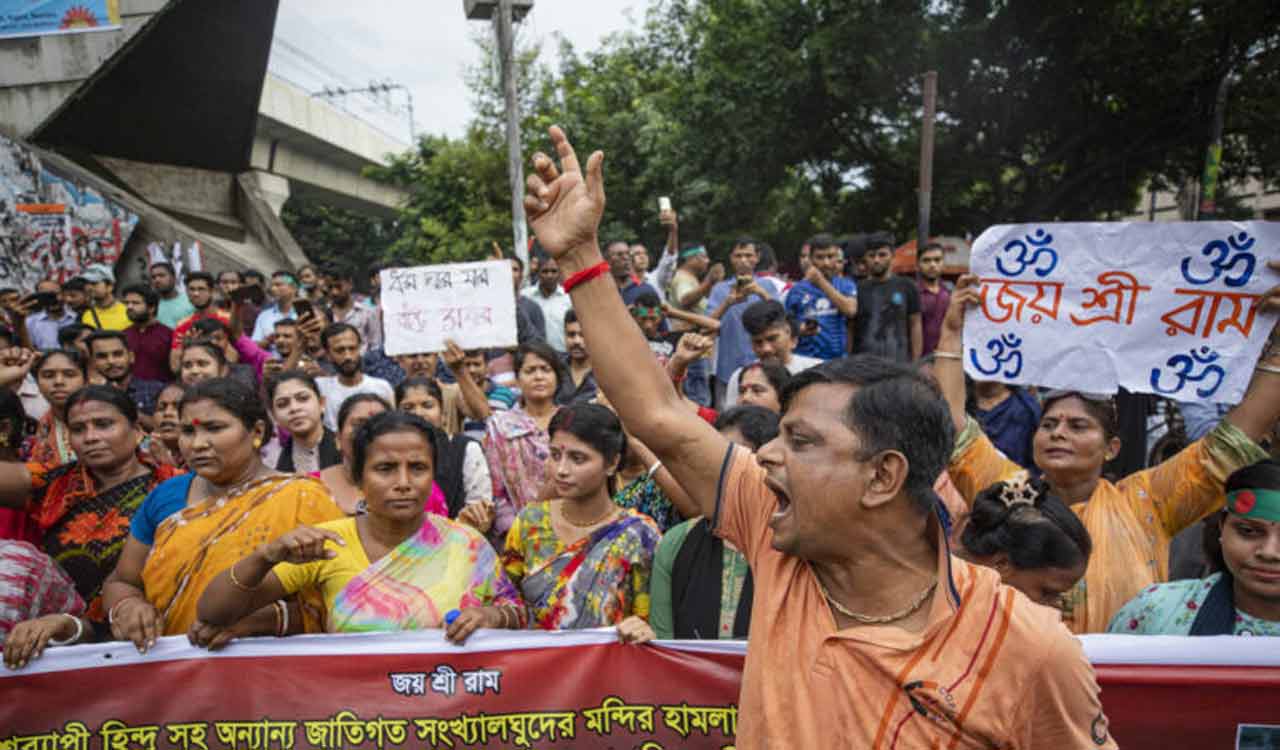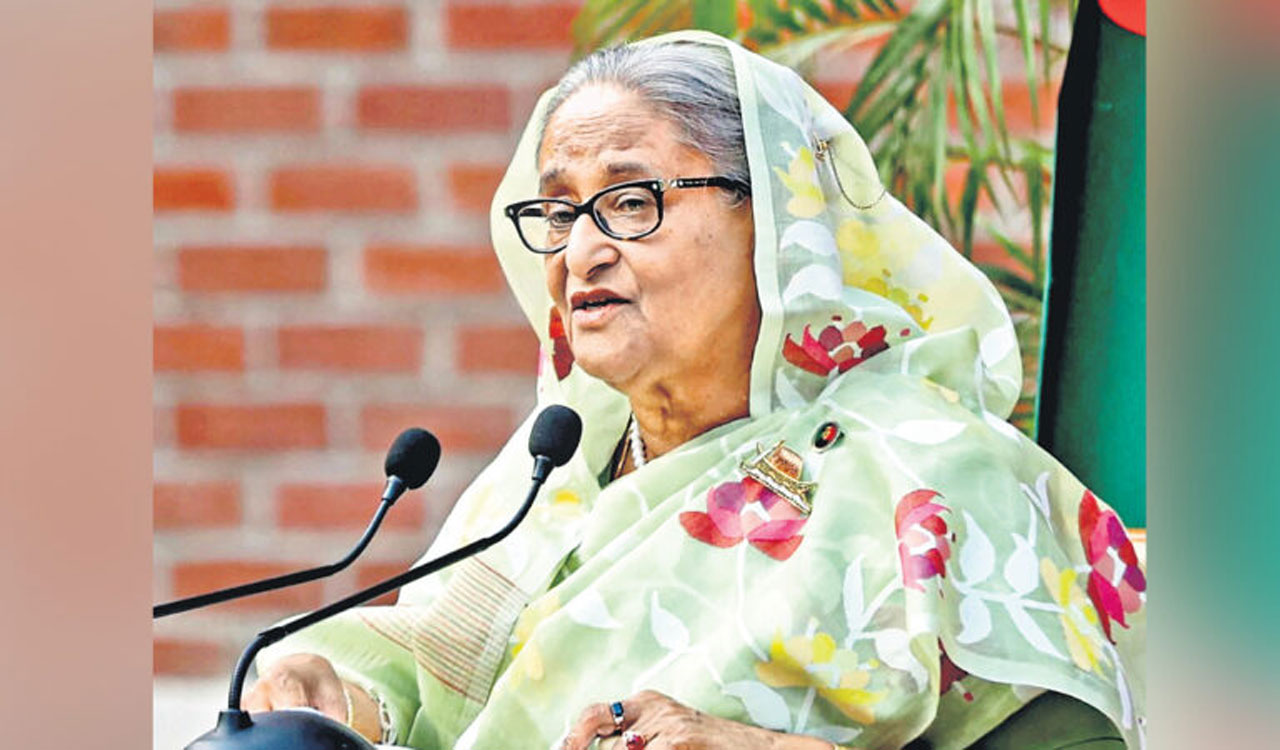Editorial: Repairing ties with Dhaka
There is a need to keep building on existing ties to ensure that relationship remains resilient
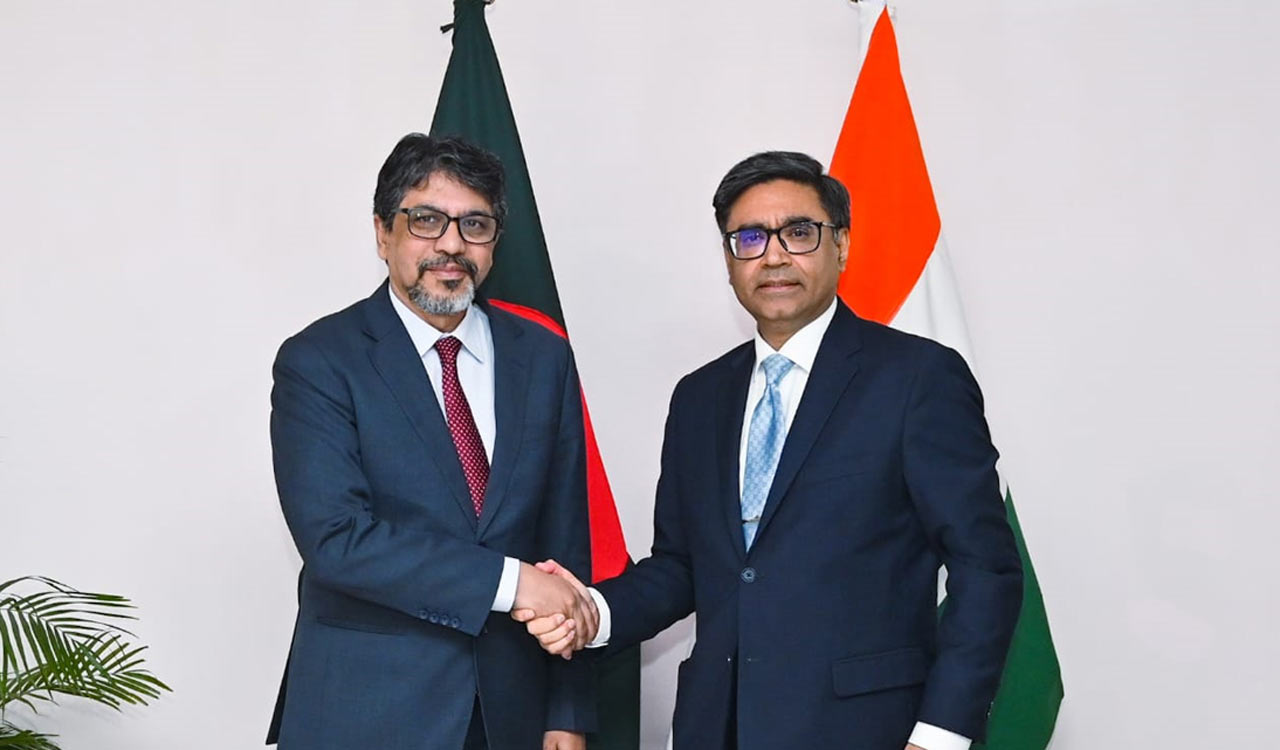
India needs to navigate cautiously to mend strained ties with Bangladesh ever since the ouster of Prime Minister Sheikh Hasina and the installation of an interim government. There are genuine concerns in India over growing attacks on minorities, particularly Hindus, and fanning of anti-India sentiments in the neighbouring country. The rise of Islamist forces is also a cause for concern. The recent visit to Dhaka by India’s Foreign Secretary Vikram Misri for discussions with his Bangladeshi counterpart Mohammad Jashim Uddin provided an opportunity to address the broader context of bilateral relations in the wake of the political upheaval in Bangladesh. Misri conveyed India’s concerns over incidents of violence against minorities, including attacks on cultural and religious properties. It was ironic that the perpetrators of violence against minorities continue to evade justice, while ISKCON priest Krishna Das, who advocates peacefully for the rights of their communities, faces legal consequences. While New Delhi raised concerns over the safety of minorities, Dhaka argued that these incidents stem from political, not religious, factors. Such narratives reveal the challenges of bridging divergent perspectives, particularly when public sentiment and political optics are involved. India’s insistence on protecting minority rights, coupled with Bangladesh’s call for equity, underscores the need for nuanced diplomacy that respects each nation’s sensitivities. India, with its strategic commitment to a stable South Asia, must tread carefully. Overplaying its hand in domestic Bangladeshi politics risks alienating the current regime, potentially eroding trust. Meanwhile, Dhaka must recognise that India’s concerns about minority safety and political stability are not merely rhetorical but reflect broader regional stability imperatives. This diplomatic reset is a crucial opportunity.
India and Bangladesh share strong people-to-people ties, which have been the backbone of their relationship. These ties have translated into concrete cooperation across various sectors, including trade, energy, connectivity and cultural exchanges. Over the last 15 years, under the Awami League regime, there were significant achievements on the economic and security front. The government’s pluralistic outlook helped strengthen the relationship with India. Bangladesh is India’s biggest trade partner in the subcontinent. The total bilateral trade in 2023-24 stood at $14.01 billion. Tourism and medical treatment are the biggest reasons attracting Bangladeshis to India. The demand for Indian medical visas is the highest, through a highly liberalised process that has been extended uniquely to Bangladesh. The power sector has been another significant domain of cooperation. Despite the political shift, India reaffirmed its intention to continue its collaboration with Bangladesh. There is a need to keep building on existing ties, particularly in the areas of trade, energy and regional cooperation. India’s partnership with Bangladesh in development initiatives and connectivity projects remains a priority as both countries recognise the potential for economic growth through closer collaboration. By focusing on shared interests and maintaining open communication, the two neighbours can ensure that their relationship remains resilient despite political turbulence.
Related News
-
Cartoon Today on December 25, 2024
5 hours ago -
Sandhya Theatre stampede case: Allu Arjun questioned for 3 hours by Chikkadpallly police
6 hours ago -
Telangana: TRSMA pitches for 15% school fee hike and Right to Fee Collection Act
6 hours ago -
Former Home Secretary Ajay Kumar Bhalla appointed Manipur Governor, Kerala Governor shifted to Bihar
6 hours ago -
Hyderabad: Organs of 74-year-old man donated as part of Jeevandan
6 hours ago -
Opinion: The China factor in India-Nepal relations
7 hours ago -
Editorial: Modi’s Kuwait outreach
7 hours ago -
Telangana HC suspends orders against KCR and Harish Rao
7 hours ago

